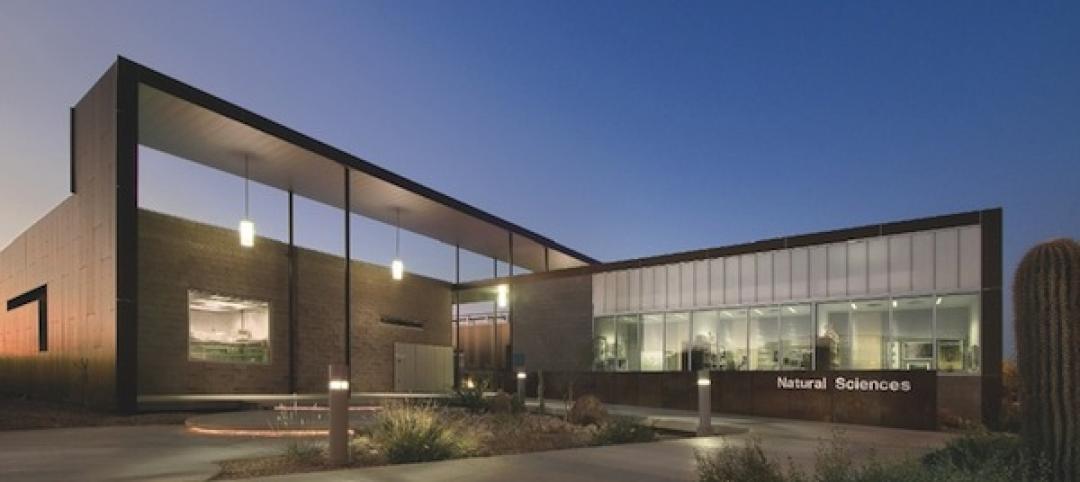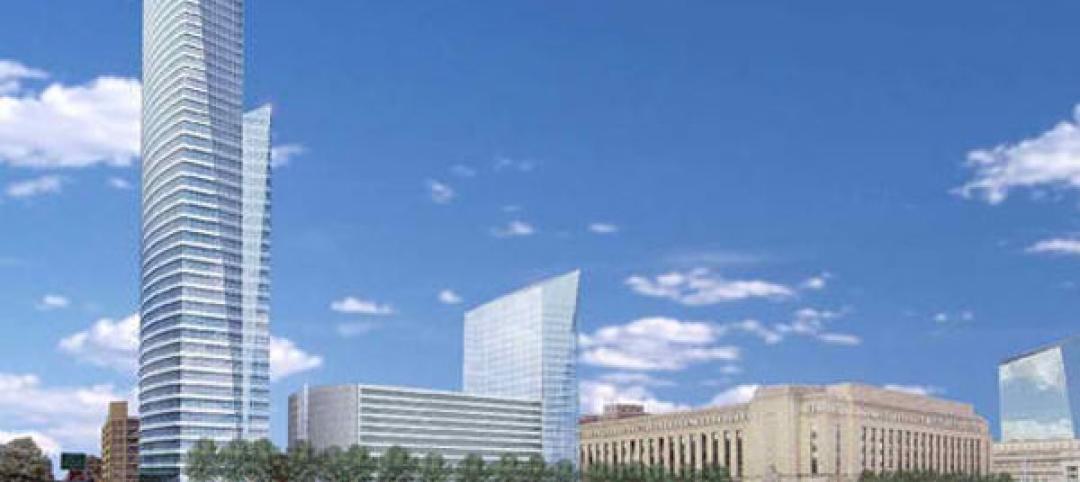A sweeping Massachusetts climate and energy bill recently signed into law by Republican governor Charlie Baker allows local bans on fossil fuel-powered appliances.
The controversial measure survived debate in the state legislature. It makes it legal for 10 municipalities to ban fossil fuel-powered appliances in new buildings. A requirement that cities meet affordable housing quotas before they can ban fossil fuel infrastructure in new buildings, helped sway the governor who was wary of allowing bans of fossil fuel appliances. Another provision precludes life sciences labs and health care facilities from being affected by the bans, making the law more palatable to some lawmakers.
The law also requires electric utilities to buy 5,600 megawatts of new offshore wind capacity by 2027, up from a former goal of 4,000 megawatts. It also removes a controversial price cap that required every new wind project to offer cheaper electricity than the previous one.
Other parts of the bill aim to shore up the electric grid, decarbonize the Boston-area transit system by 2040, and require all new cars sold in the state to be zero-emissions by 2035.
Related Stories
| Feb 21, 2013
BD+C's 2011 White Paper: Zero and Net-Zero Energy Buildings + Homes
We submit our eighth White Paper on Sustainability in the hope that it will inspire architects, engineers, contractors, building owners, developers, building product manufacturers, environmentalists, policymakers, government officials, corporate executives, officeholders, and the public to foster the development of net-zero energy buildings and homes.
| Feb 21, 2013
BD+C's 2008 White Paper: Green Buildings + Climate Change
In this White Paper, we provide concrete ways in which AEC professionals can have a positive role in addressing climate change.
| Feb 21, 2013
Construction team chosen for world's tallest building in Jeddah, Saudi Arabia
Construction team chosen for world's tallest building in Jeddah, Saudi Arabia.
| Feb 19, 2013
Luxury multifamily project under way in Atlanta; 215 residences planned
Hines Multifamily is building @1377, a luxury complex comprising 215 "urban-style residences" in Atlanta's Brookhaven neighborhood.
| Feb 15, 2013
Could the student housing boom lead to a bubble?
Student housing has been one of the bright spots in the multifamily construction sector in recent years. But experts say there should be cause for concern for oversupply in the market.
| Feb 14, 2013
5 radical trends in outpatient facility design
Building Design+Construction combed the healthcare design and construction sector to evaluate the latest developments in outpatient facility designs. Here are five trends to watch.
| Feb 14, 2013
Brasfield & Gorrie breaks ground on New College Football Hall of Fame in Atlanta
General contractor Brasfield & Gorrie is scheduled to kick off construction on the new College Football Hall of Fame in downtown Atlanta. With an anticipated completion date of fall 2014, the $66.5 million project will continue the revitalization of the city’s tourist district.
| Feb 14, 2013
Firestone projects recognized for roofing excellence
Firestone Building Products has been awarded the 2012 RoofPoint Excellence in Design Award in two categories: Global Leadership and Advancing Sustainable Roofing.
Smart Buildings | Feb 14, 2013
Minneapolis joins energy benchmarking trend for commercial buildings
Minneapolis is the latest major metro to require large commercial buildings to benchmark and disclose their energy and water use.
















